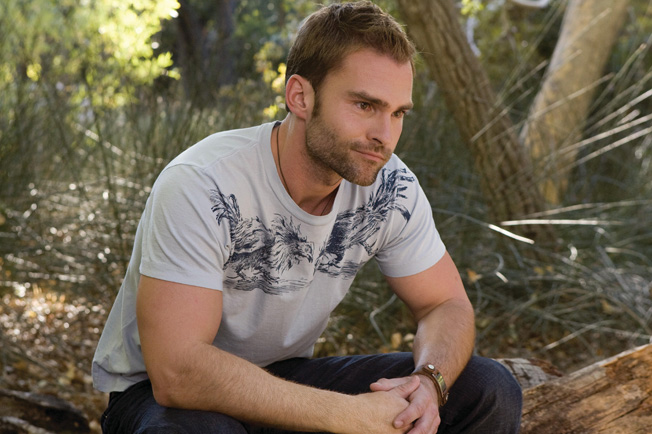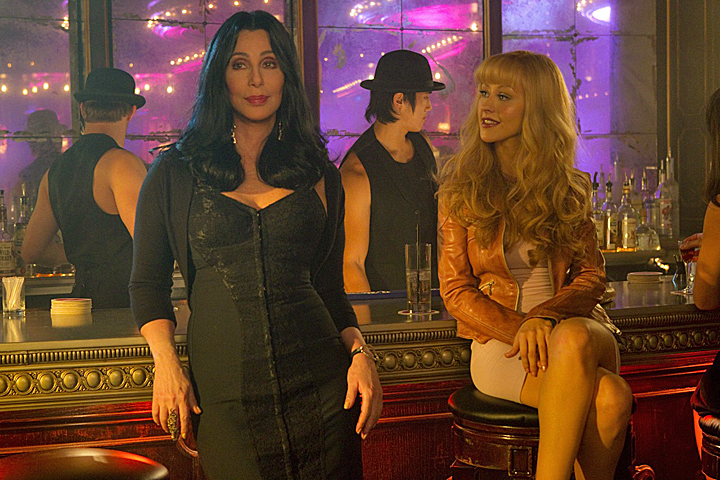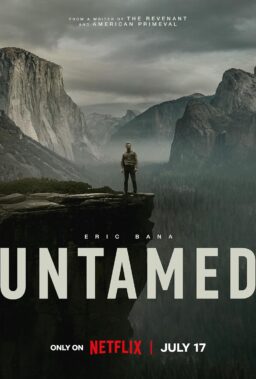Q. I recently came across a post on gawker.com which claimed to contain an excerpt from the worst movie review of all time. The review is for the new Paul Rudd comedy “Role Models” and was written by (name withheld) of FHMOnline.com. Could this be the worst review ever done by a “professional” writer? Also, the article claimed (name withheld) was paid handsomely for writing this drivel. What does that say about the state of film criticism in America when major critics are losing their jobs while rubbish like this is published and paid for?
Ryan Murphy, Kearny, N.J.
A. Oh, it’s bad, all right. It contains not one detail you’d have to actually see the movie to know. Yet it rips off our trademarked Thumbs®. Here are three sentences: “‘Role Models’ feels like a dysfunctional family film. It’s got a lot of that warmness, but there is also cursing and boobies. It’s got a good moral in the end that you would want to share with your kid, but might feel uncomfortable with the nudity, or not.”
Using the link you supplied, I visited gawker.com and here’s what else I read by the Gawkers: “It is possible a more terrible movie review exists somewhere, but this one is in the unfortunate position of having been read by jealous ex-staff of the former magazine. … Our disapproving source claims the review was the product of a former FHM office assistant, now drawing down a nice salary on the ‘editorial’ side of FHMOnline.”
Now it gets interesting. Gawker does not mention the name of the author of the review, which has no byline, but you know it. Gawker does not claim he was “paid handsomely for this drivel,” but you do. Gawker did not supply a link to the offending review, but you did. And you, Ryan Murphy, used to write reviews for FHM. In fact, you were once the U.S. editor for FHMOnline, and thus in a position to know how handsomely (name) was paid.
But I agree with you. It is a terrible review. It also contains these sentences: “Seann William Scott plays a character that reminds us of a Stifler in his 20s. This may sound like a bad thing, they play their characters well, and work well together as a comedic duo. Besides, we always wondered what happened to Stifler.”
Maybe it’s just me, but it doesn’t sound like a bad thing that “they play their characters well and work well together as a comedic duo.” The bad review also observes that Scott reminds us of a Stifler in his 20s, and that “we always wondered what happened to Stifler.” There is a clue in the film: THIS is what happened to Stifler! Seann William Scott played him in “American Pie“!
Q. I must say I was disappointed with your review of “Milk.” The only thing I know about the man is that he was a gay rights activist who was assassinated. In the middle of the review you tell me who the assassin was. Why? No spoiler warning?
AMatt Draeger, Shangrao, China
A. I thought that fact was pretty widely known, especially since the killer got such notoriety when his defense team argued that a junk-food binge was responsible. This became famous as the “Twinkie Defense.”
Q. In your review of “Four Christmases,” while mentioning that Dwight Yoakam and Tim McGraw didn’t sing, you forgot to mention that Kristin Chenoweth and her beautiful voice also did not sing. I actually liked the movie.
Ronda Bagley, White City, Ore.
A. What’s more, among others in the movie, Sissy Spacek not only did all her own singing in “Coal Miner's Daughter” but won a Grammy for it, and later recorded a country music album. And Colleen Camp, as a sexy Grannie, didn’t sing in the movie, either! Her big hit was “One Day Since Yesterday.” They could have been all the performers on an episode of “A Prairie Home Companion.”
Q. Re your review of “Australia“: I take issue with the statement that “the Australians, having for decades treated their native people as subhuman, now politely endow them with godlike qualities.” While this is a fair comment with respect to the specific film, it is an unfair generalization. Australian films like “Rabbit-Proof Fence” and “The Tracker” do stay relatively close to real, living aboriginal spirituality and do not indulge in silly fictions concerning telepathy or “animal dreamings.”
In fact, it has more in common with foreign productions. It is, sadly, all too common for Australia’s indigenous living culture to be misread by American audiences as psychic “voices from the past” or a prototype New Age spirituality; we have had decades of idiot Americans in ponchos embarrassing themselves outside our natural monuments, and tours of outback Australia often present simplistic views on aboriginal Australia for the benefit of foreign tourists looking for that “authentic,” mystic experience. One of the best analyses is Bruce Chatwin’s observations in The Songlines that underlying all Western maps and conceptions of the Australian landscape, there is a sacred, ceremonial, nomadic map of Australia, unknown and unfamiliar to us white intruders, but inherent in the aboriginal culture we for so long disregarded or destroyed.
Daniel Edwards, Australian Capital Territory, Australia
A. I received an intriguing message about this from my friend Heavenly Wilson of West Hollywood. She wrote: “I grew up in Western Australia, lived there from 1952 till 1968, and the mythology about aborigines was much as it’s portrayed in the film. I don’t think it’s condescending, maybe a little naive and some of it wishful thinking but there are tantalizing stories that could be true. One kid at my school was from a farm and was said to know about a lot of things, but she wouldn’t talk about it. The only thing I could drag out of her was that the aborigines on her farm had levitated stones through mind control and transported them some distance, depositing them on the roof of the farmhouse. It’s an ancient culture with knowledge of the land way beyond anything we know of in our culture. Aborigine trackers were said to have amazing abilities. That scene in the film about seeing a footprint in the mud is almost insulting. It’s way more weird than that.”
Q. My daughter was very much dismayed when she read your review of “Twilight.” I had to remind her that this movie was reviewed by an old man around her grandpa’s age and that older people don’t look at these movies the same way teens do. Then I told her that you and that other fellow that you worked with years ago both panned “Star Wars” and said that it would bomb.
Bobbie Scoggin, Santa Clara, N.M.
A. Tell your daughter for me that her old grandpa has valuable things to share with her, that he was once younger than she is now and that he remembers it well. Then gently break the news to her that her old mom’s memory isn’t as sharp as it once was, because she couldn’t have been more mistaken about how Gene Siskel and I felt about “Star Wars.” Please ask her to read my review here on this very Web site.












